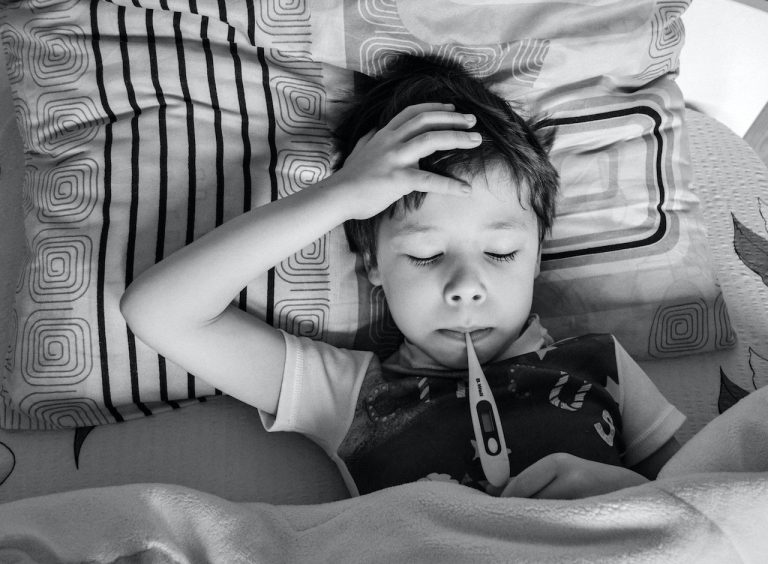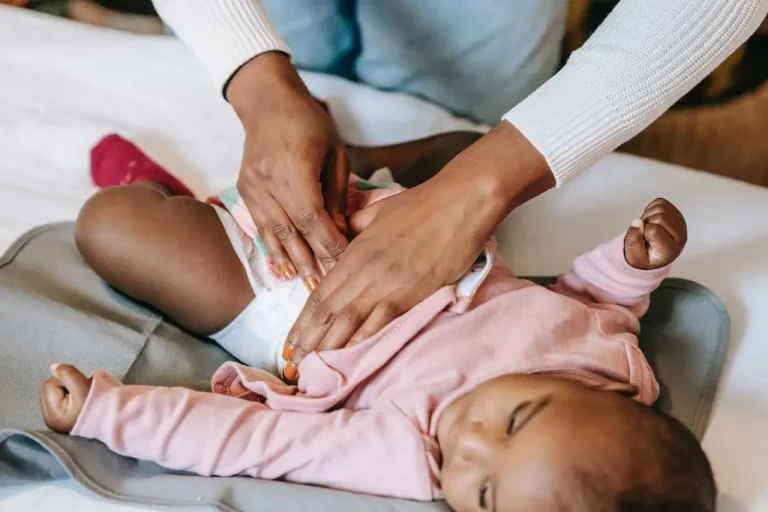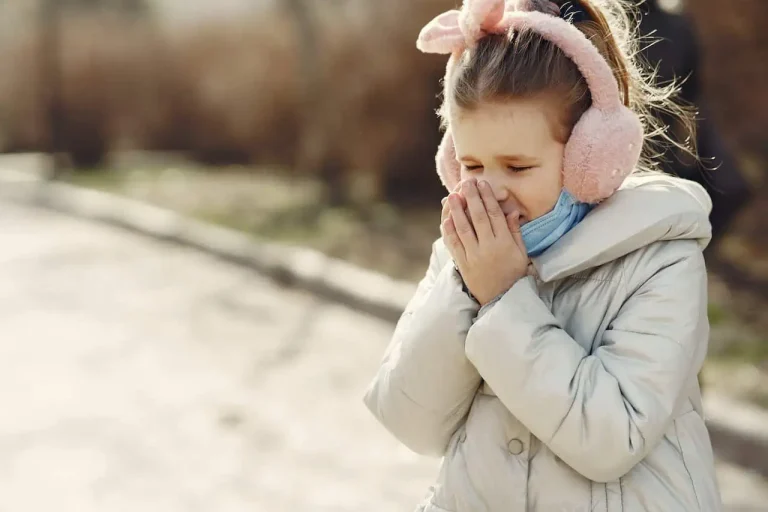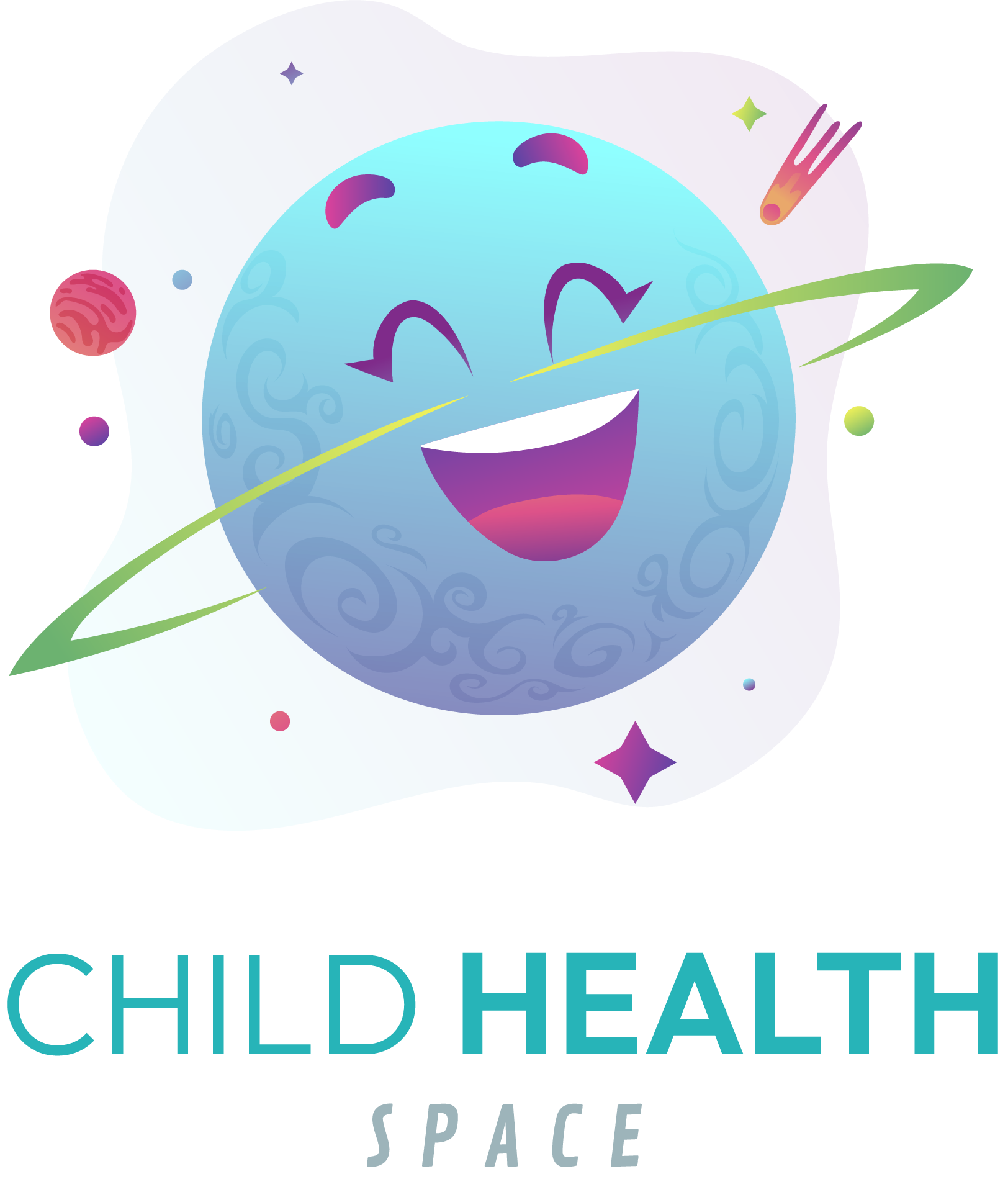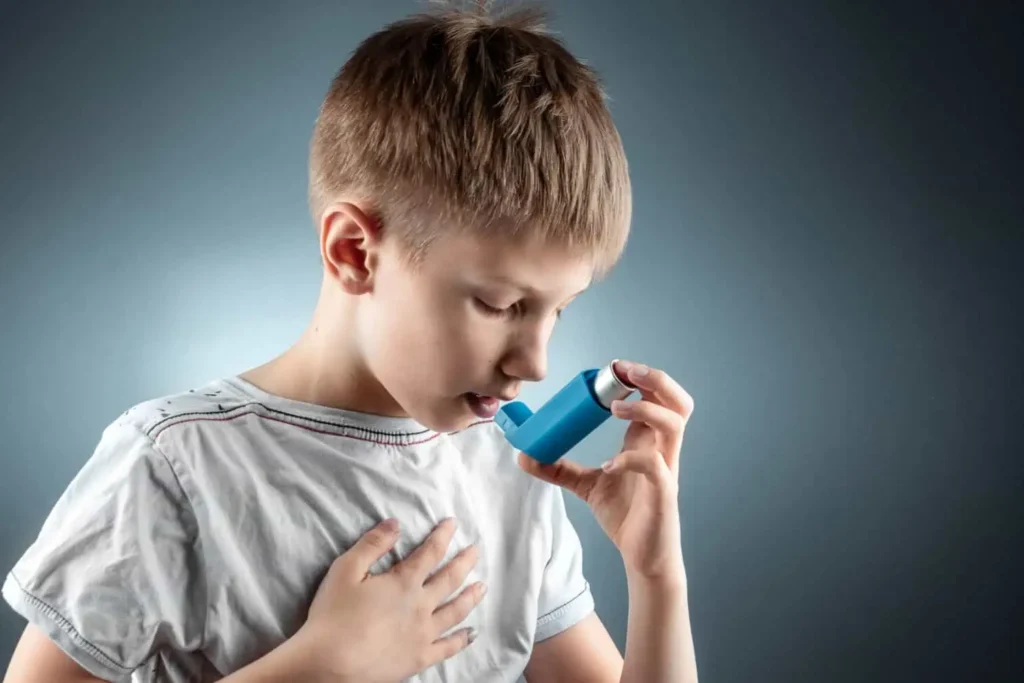
Asthma in children is a common respiratory problem around the world. It affects the quality of life of millions of children. Asthma involves narrowing of bronchial airways due to inflammation. This leads to symptoms of asthma like coughing, wheezing, shortness of breath and tightness in the chest. It affects the lives of millions of children. Asthma is a condition that cannot be cured completely. But it can be managed with early diagnosis and management. This blog post helps parents and caregivers to know if their child has asthma and tips to improve the quality of life of children.
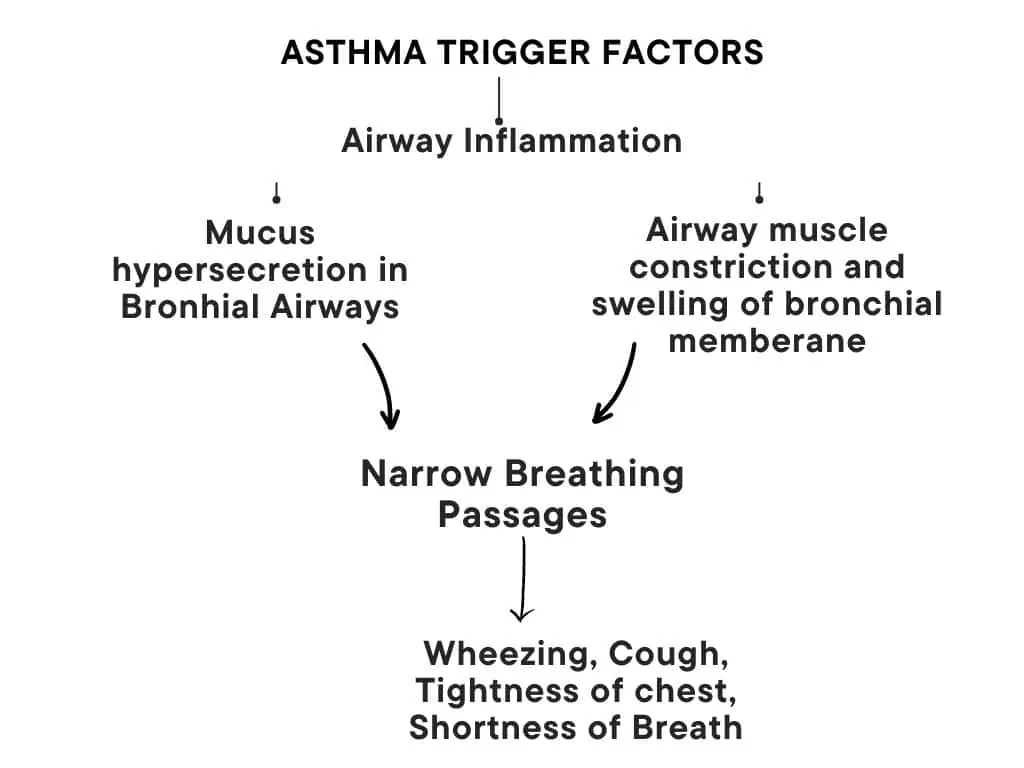
Why Early Childhood Asthma Assessment is Important?
People all over the world often have breathing problems like asthma. Millions of kids’ lives are changed by it. Because of inflammation, asthma makes the bronchial passageways smaller. This makes them cough, wheeze, have trouble breathing, and feel tight in the chest. People with asthma can’t be fixed completely. But getting a child diagnosed and treated early can make their life better.
What are the Benefit of Early childhood Asthma Detection?
For kids’ health, finding asthma early is very important. If someone with asthma isn’t identified, they may get respiratory infections often, grow slowly, and have trouble with schoolwork and social activities. Early detection lets help be given at the right time, which stops problems before they happen and improves long-term results.
Current Statistics on Childhood Asthma
Centres for Disease Control and Prevention confirms that asthma is the most common long term illness in kids in the USA. Around 6.1 million children in 2020 in the USA suffer from asthma. This means about 8.4% of children ages 0 to 17 has asthma. Different studies show that asthma is increasing in children worldwide. Air pollution, exposure to tobacco smoke, and genetic predisposition contribute to the rise in asthma cases among children. Asthma in children can be properly managed by raising awareness to improve the quality of life of children.
How to Tell If Your Child Has Asthma?
The common symptoms of asthma in adults are
- Wheeze: It’s the sound produced when exhale
- Cough especially at night or during exercise
- Shortness of breath: difficulty in getting breath back especially when moving around.
- Feeling of tightness in chest
Children may also experience these symptoms but in different ways. It is important particularly for parents to pay attention to these signs. If they don’t go away, get their child checked out by a doctor. These signs can also be due to other respiratory disorders like allergy or cold.
How Early Childhood Asthma Quiz Can Help Find Out If a Child Has Asthma?
Even though quizzes can’t definitely confirm if someone has asthma. They can be a good way to start the evaluation process. By answering questions, you can learn alot and decide if the child needs to see a doctor for further testing. Usually the quiz includes questions about a child’s symptoms, what sets them off, and their family background.
To help you in diagnosing asthma in children, here is our 10-questions of Childhood Asthma Quiz:
- Does your kid cough a lot, especially at night or early in the morning?
- Does your child wheeze when they breathe, making a sound like a whistle in their chest?
- Does your kid get out of breath quickly when they play or do something?
- Does your child say that their chest feels tight or pressured?
- Is there an allergy in your child?
- Does your child’s coughing or wheeze get worse when they are around certain things, like dust, pollen, smoke, etc.?
- Does your child often have trouble sleeping because they have breathing problems?
- Does your kid miss school or hobbies because they have trouble breathing?
- Does your kid ever need to use a puffer to help them breathe better?
- Is there anyone else in your family who has asthma?
How to Read the Quiz The results are:
If you answered “yes” to a few of these questions, it’s possible that you have asthma. It’s important to remember, though, that this quiz is just for fun and shouldn’t be used instead of an expert diagnosis.
Seeking Professional Help
If most of the answers of the quiz are Yes or your child is showing concerning symptoms, schedule an appointment with a paediatrician or a pulmonologist.
They will perform a complete evaluation, including
- Physical examination
- Lung function tests
- Allergy testing
These evaluations help in a definitive diagnosis and develop an appropriate treatment plan.
How to Effectively Manage Childhood Asthma?
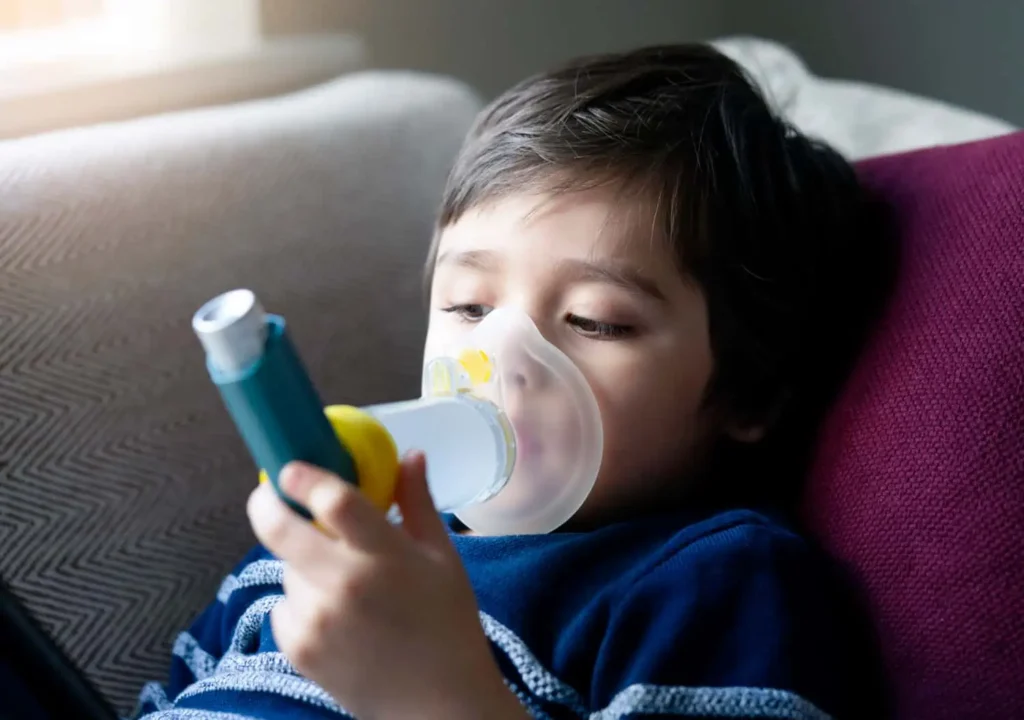
Most children can lead active and healthy lives with proper management of asthma. Treatment plans typically involve:
- Medications: Inhaled corticosteroids that control inflammation. Bronchodilators to open up the airways during an attack.
- Lifestyle Modifications: There are certain lifestyle modifications to control asthma. These include:
- Identifying and avoiding triggers
- Maintaining a healthy weight
- Regular exercise can significantly improve symptoms.
- Asthma Action Plan: This personalized roadmap outlines steps to manage daily symptoms. It includes how to recognize and respond to asthma flare-ups. This action plan also helps to identify when to seek emergency medical attention.
Supporting Children with Asthma
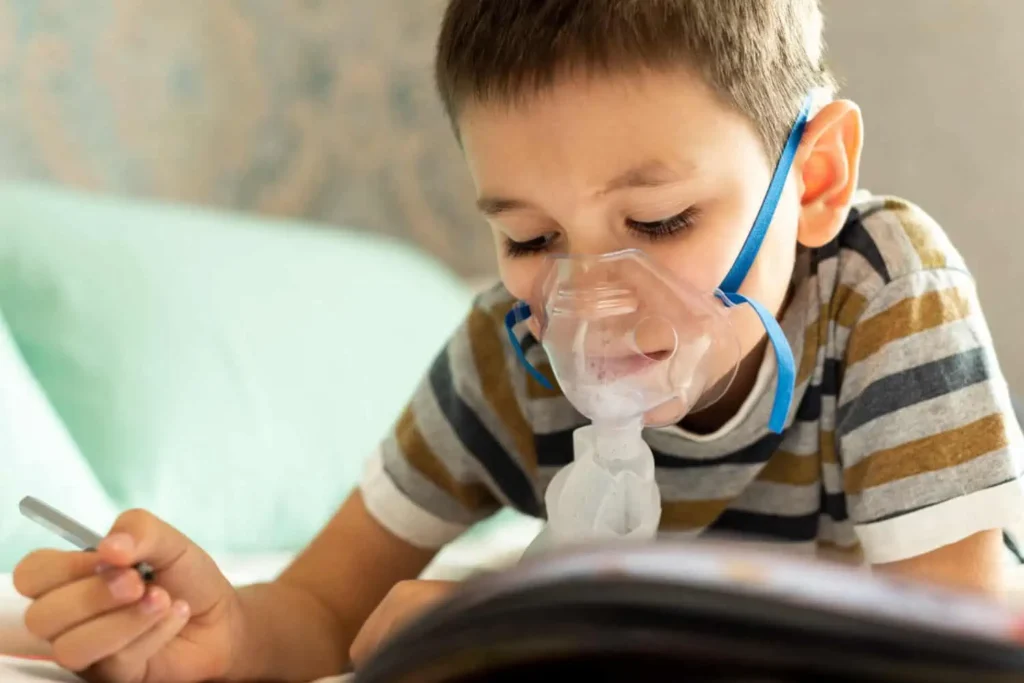
A supportive environment is helpful for children with asthma. This includes:
- Educating the Child: Sometimes children suffering from asthma feel let down. They think that they cannot live a normal life. Explain to the children about their condition. Highlight the importance of adhering to their treatment plan. It will empower them to manage their asthma effectively.
- Communicating with Caregivers: Ensure that teachers, school nurses, and other caregivers understand the child’s condition. Explain to them how to respond to emergencies.
- Building Confidence: Encourage your child to participate in sports and activities. Providing the necessary support and modifications to improve their quality of life.
Conclusion:
It is very important to recognize and treat asthma in children to protect their general health and well-being. You can help to improve a child’s quality of life and effectively manage their asthma. Learning about common asthma signs, using diagnostic quizzes, and getting them checked out by a doctor at the right time are key points to help your children suffering from asthma
FAQs
1. Can kids get asthma even if there is no family history?
Yes, kids can get asthma even if there is no family history. Although genes play a part, asthma can also be caused by things in the surroundings and by being exposed to allergens.
2. Have all children who wheeze been diagnosed with asthma?
Not all the time. Wheezing can be caused by many things, such as allergies and respiratory diseases. To get to the bottom of the problem, a healthcare worker needs to do a full evaluation.
3. If you have asthma, do your symptoms get better with age?
Even though the severity of asthma symptoms can change over time, the disease itself is long-lasting and needs to be managed over time. If kids get the right care and make changes to their lifestyle, their problems often get better as they get older.
4. Is it okay for kids with asthma to play sports and do other physical activities?
Most kids with asthma can safely play sports and do other physical activities as long as they are properly managed and supervised. It’s important to work together with your child’s doctors to make an asthma action plan that fits their needs.
5. Are there any other treatments or practices that can help kids with asthma?
Some alternative treatments, like breathing exercises or acupuncture, may help kids with asthma feel better, but it’s important to talk to a doctor before starting any treatment.



